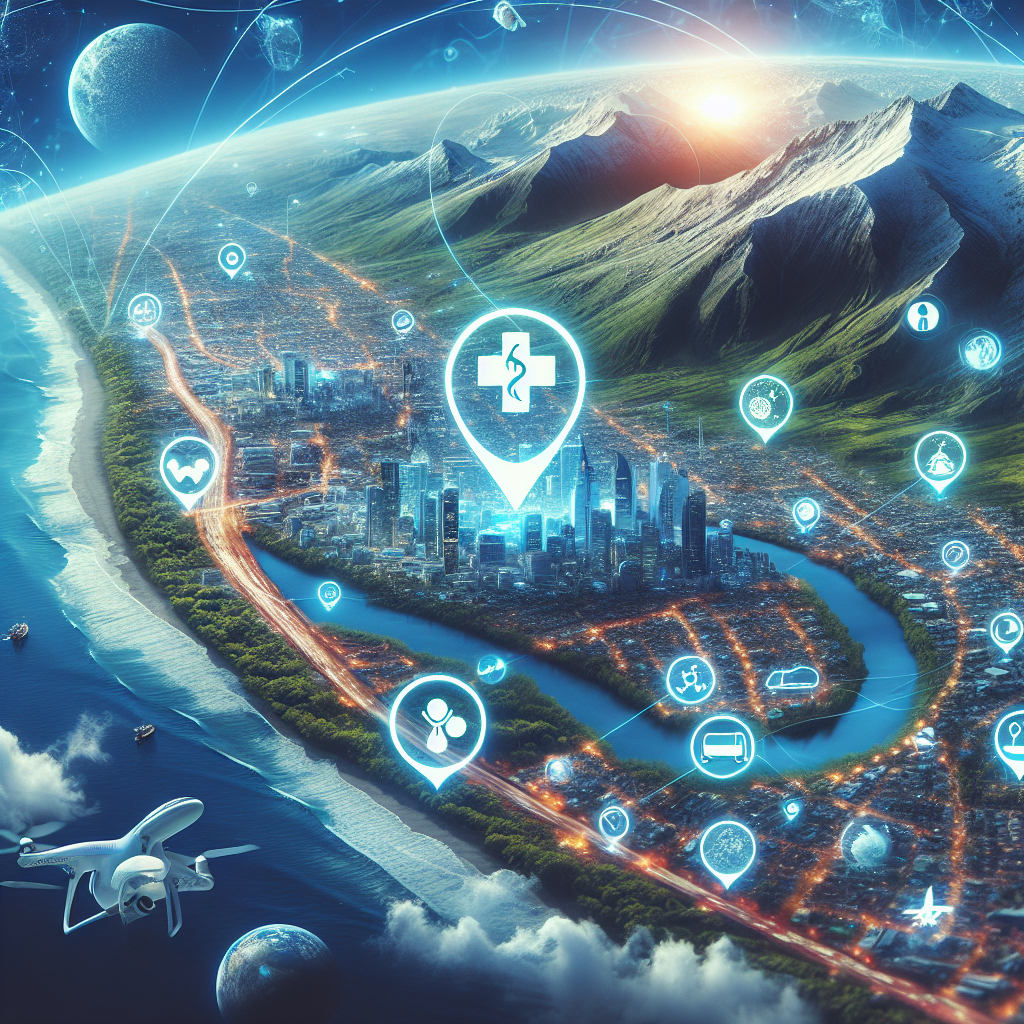
Geospatial Health Stat
Welcome to my innovation site
"Mapping the Future of Healthcare Innovation"


Unveiling the Future: Geospatial Impact on Healthcare Quality
Aug 21, 2024
2 min read
0
0
0
In today's fast-paced world, technological advancements have revolutionized various industries, and the healthcare sector is no exception. Among the many innovative technologies making waves in healthcare, geospatial analysis stands out as a powerful tool with the potential to enhance the quality of healthcare services.
An Insight into Geospatial Analysis
Geospatial analysis, also known as geospatial data analytics, involves harnessing geographic data to gain valuable insights and make informed decisions. By integrating location-based information with healthcare data, professionals can analyze patterns, trends, and relationships that would have otherwise remained hidden.
Visualizing Healthcare Trends
The integration of geospatial analysis in healthcare allows providers to visualize healthcare trends and patterns in a geographic context. By mapping out disease outbreaks, population demographics, and healthcare facility locations, stakeholders can identify areas with specific healthcare needs, optimize resource allocation, and plan interventions effectively.

Advancing Patient Care Through Geospatial Precision
The impact of geospatial analysis on healthcare quality extends beyond operational efficiency to directly influencing patient care. Let's delve into some key ways geospatial data is reshaping the healthcare landscape for the better.
Targeted Interventions
One significant benefit of geospatial analysis is its ability to facilitate targeted interventions. By pinpointing areas with high disease prevalence or limited access to healthcare facilities, providers can tailor their outreach efforts to reach vulnerable populations effectively. This precision in targeting interventions leads to improved health outcomes and overall community well-being.
Optimized Emergency Response
In times of crisis, such as natural disasters or health emergencies, every minute counts. Geospatial analysis enables healthcare providers to optimize emergency response efforts by identifying the nearest healthcare facilities, mobilizing resources efficiently, and coordinating rescue operations seamlessly. This real-time geospatial intelligence can be a lifesaver in critical situations.
Preventive Healthcare Strategies
Another key aspect where geospatial analysis shines is in designing preventive healthcare strategies. By analyzing geographic data on environmental hazards, socio-economic factors, and lifestyle trends, healthcare providers can proactively identify health risks and implement preventive measures to promote community wellness. This proactive approach to healthcare can lead to a significant reduction in disease burden and healthcare costs in the long run.
A Glimpse into the Future
As geospatial technology continues to evolve, the possibilities for its application in healthcare are endless. From predictive analytics for disease forecasting to personalized medicine based on location-specific factors, the future holds great promise for geospatial impact on healthcare quality.
In conclusion, geospatial analysis is not just a tool; it's a game-changer in the realm of healthcare quality. By leveraging the power of location-based data, healthcare providers can deliver more targeted, efficient, and personalized care to improve patient outcomes and elevate the overall quality of healthcare delivery. As we embark on this transformative journey, the fusion of technology and healthcare will pave the way for a healthier and brighter future for all.
Let's embrace the geospatial revolution in healthcare and chart a course towards a healthier world!
Keywords: Geospatial Impact, Healthcare Quality, Geospatial Analysis, Patient Care, Preventive Healthcare, Emergency Response.


